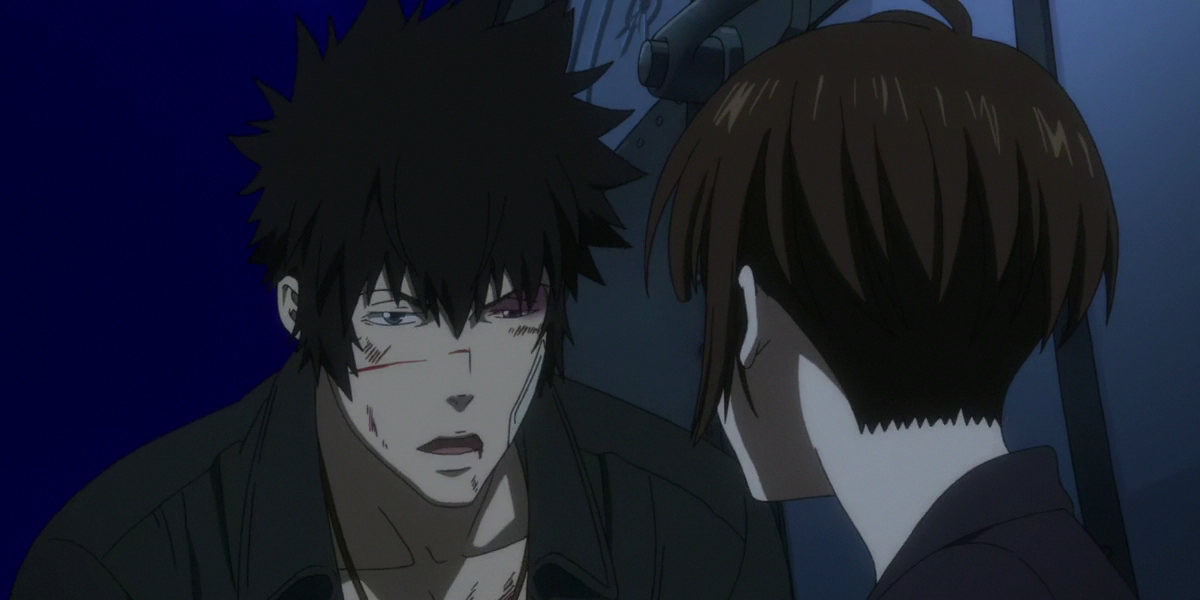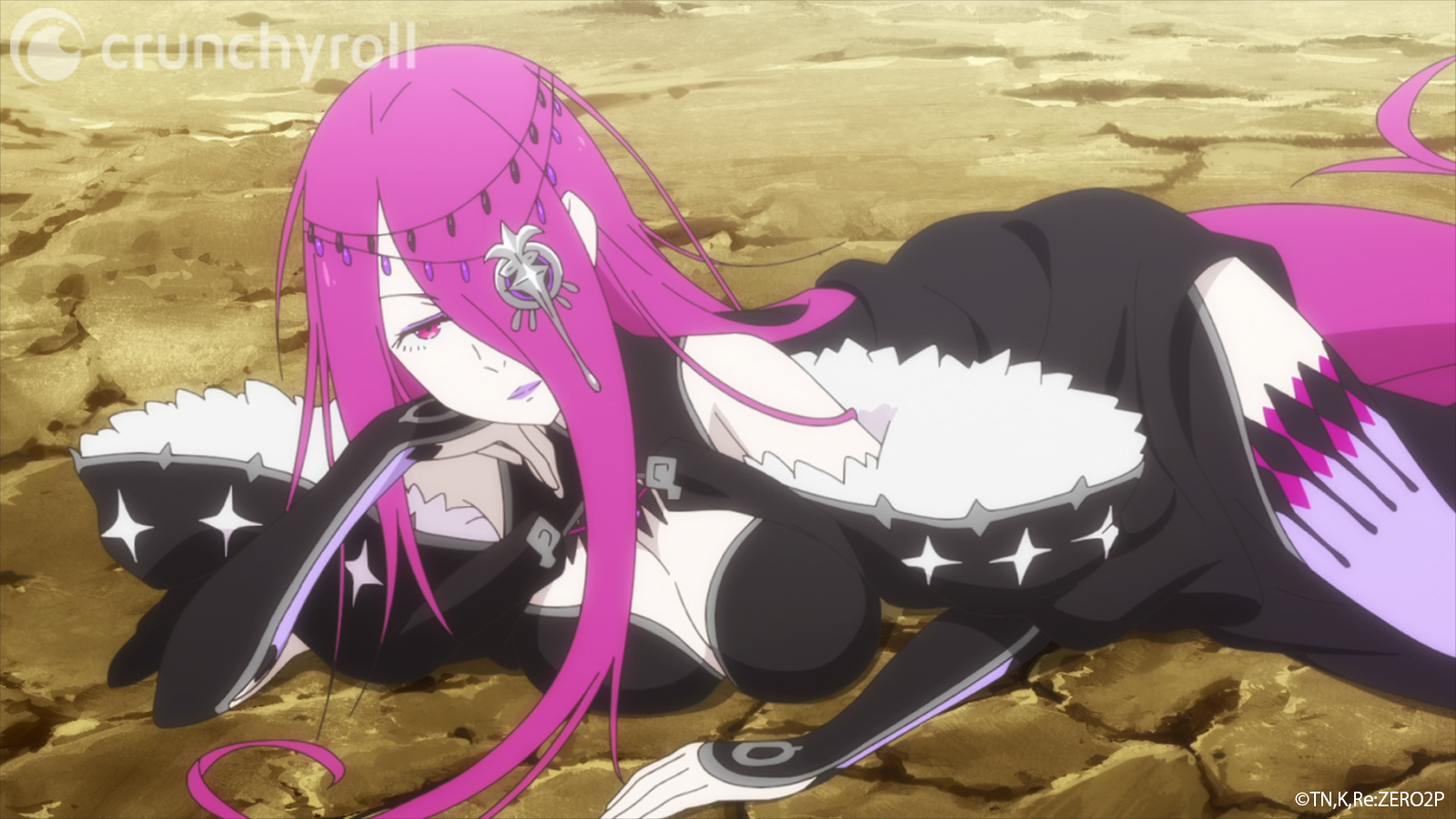#Remembering Your Name, 5 Years Later

Table of Contents
“#Remembering Your Name, 5 Years Later”
In 2016, several years before Demon Slayer: Kimetsu no Yaiba the Movie: Mugen Train took the world by storm, it seemed that the anime movie on everyone’s minds and lips was Makoto Shinkai’s Your Name. The supernatural teen romance dominated social media at the time, and it also went on to garner positive reviews and an impressive worldwide gross of over US$350 million. Before Mugen Train came along to knock it down a spot, Your Name was the second-highest grossing anime movie and the fourth-highest grossing movie in Japan.
I thought that Your Name absolutely deserved its achievements, even though it wasn’t my favorite anime movie of 2016 (that would be A Silent Voice), but it took me a short while before I arrived at that stage.
Unexpected Change
Before Your Name, Shinkai’s repertoire seemed to consist mainly of shorts and gorgeous-looking melancholic films that scored various awards, but not record-breaking grosses. Most of these films — namely Voices of a Distant Star, The Place Promised in Our Early Days, 5 Centimeters per Second, and The Garden of Words — featured relationships and distance (usually but not always geographical) as their themes. The fantasy adventure Children Who Chase Lost Voices did show that Shinkai was not solely bound to sad or bittersweet stories of romance (even if that movie had a major character motivated by love), but the promotional material for Your Name left little doubt that it, again, revolved around a relationship. The question was, would it be similar to the likes of 5 Centimeters per Second and The Garden of Words?

To describe it simply, Your Name is about a city boy, Taki, and a country girl, Mitsuha, who mysteriously find themselves swapping bodies. While annoyed and exasperated by the amusing impacts they leave on the other’s life at first, they eventually develop feelings for each other as they converse through messages. It’s easy to see why Your Name’s love story premise had a large appeal, even before knowing about the surprising twist involving the destruction of Mitsuha’s town by a comet fragment in the past and various emotional gut punches the movie later delivers.
However, when I first learned about the premise, I was initially a little disappointed that it seemed more commercial than previous Shinkai titles. I also remember seeing the poster for Your Name online and thinking, somewhat disapprovingly, that the character designs for its protagonists were a tad more cartoony than in previous Shinkai romance dramas.
My stubborn aversion to these signs didn’t help with my first watch, which was marked by confusion and dissonance. Within the first five minutes of the film, there is a series-style opening set to a J-rock tune, followed by a scene of a girl (we later learn that it’s Taki in Mitsuha’s body) confusingly groping her breasts after waking up. The presence of both comedy and a J-rock song in a Shinkai film — usually ever-serious and filled with piano or orchestral tracks — felt incomprehensible to me.

By the time the tune of the lively “Zenzenzense” kicks off the montage of Taki and Mitsuha’s body-swapping high jinks, I felt as if a great betrayal had been committed by the movie for being so weirdly peppy, even if it wasn’t for its entirety. Much of the remainder of the film barely registered in my head.
Of course, calling Your Name a betrayal for utilizing a different tone than its predecessors — distance was still a central theme, in addition to references to the Japan earthquake and tsunami of 2011 — was a wild overreaction. Still, it certainly was jarring to experience a film from the director of 5 Centimeters per Second and The Garden of Words that was commercial-feeling and wasn’t perpetually moody or serious, and it took me a while to process the shift. When I finally came to terms with what Your Name was, and when some of my friends suggested watching it together, I decided to give it another chance.
“The main reason I remember my second viewing so well, however, was my reaction to Your Name’s emotional beats.”
A New Perspective
Giving Your Name a second chance turned out to be the right call, although I felt a bit bad for abandoning another group of friends who were adding extra touches to our college assignment in the process. Now that I knew what sort of movie it was, I found myself appreciating it much more and compared it less to Shinkai’s previous works.
Rather than griping about the RADWIMPS soundtrack and that “Zenzenzense” montage, I nodded my head to the catchy tunes and took note of how they felt one with the movie and the respective scenes they were employed in. I found myself liking the main leads’ chemistry — a mean feat on the movie’s part since they don’t interact face-to-face or even verbally for most of the runtime — and rooting for them to get together. The side characters were also likeable, particularly Mitsuha’s friends Tessie and Sayaka.
Visuals-wise, at the time, I only admired the film’s gorgeous backgrounds, although they didn’t feel as attention-grabbing as those in 5 Centimeters Per Second and The Garden of Words. After rewatching scenes on YouTube and clips on Sakugabooru recently, however, I’m amazed that I didn’t notice the animation’s craftsmanship back then, perhaps because I only cared for action animation in those days.
Simply put, I enjoyed my second viewing, although it still felt a bit weird to have a TV-style opening in a movie. The main reason I remember my second viewing so well, however, was my reaction to Your Name’s emotional beats. While I was apathetic to them the first time around, the movie really did a number on me this time.

It began with the scene where Mitsuha thinks of the time she went to Tokyo to find Taki. But her endless wandering leads her to a slightly younger version of Taki instead of the high school student she had been body-swapping with. I felt Mitsuha’s disappointment radiate through the screen when she realized that this Taki didn’t know her yet, and the absolutely tender instrumental tune made the scene all the more effective. It also made the moment in which young Taki belatedly asks for Mitsuha’s name and receives her hair ribbon, symbolizing the red string of fate connecting them, feel poignant.
Almost immediately after, Your Name delivers one of its emotional climaxes. Thanks to supernatural reasons that I can never fully remember and after some very effective build-up, present Taki and Mitsuha meet briefly, for the first time, on a hilltop. Smiling at the sight of her, Taki closes his eyes for a moment and then says, “Mitsuha.” A moment later, Mitsuha approaches him and whispers in disbelief, “Taki-kun… Taki-kun. Taki-kun ga iru!” (“You’re here,” although the cinema’s subs were probably more interesting.)
I’m not sure who started shedding tears first — Mitsuha, my friend, or me. However, I’m absolutely certain that I had never felt so emotional in a cinema before. When I saw someone get up to leave the cinema, presumably for a toilet break, I joked to my friend that they were doing so to take a break from the emotional onslaught. As I did so, I could feel my voice wavering from the events on screen, my chuckle almost turning into a sob.
Continued on next page
If you liked the article, do not forget to share it with your friends. Follow us on Google News too, click on the star and choose us from your favorites.
For forums sites go to Forum.BuradaBiliyorum.Com
If you want to read more anime-manga articles, you can visit our anime-manga category.




